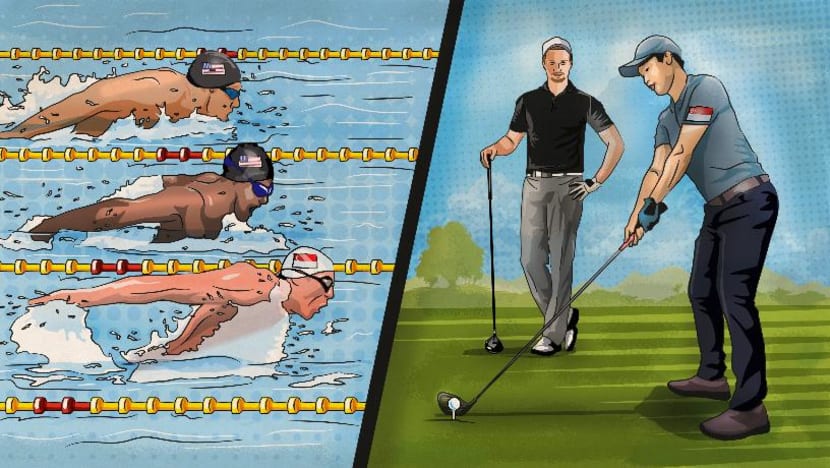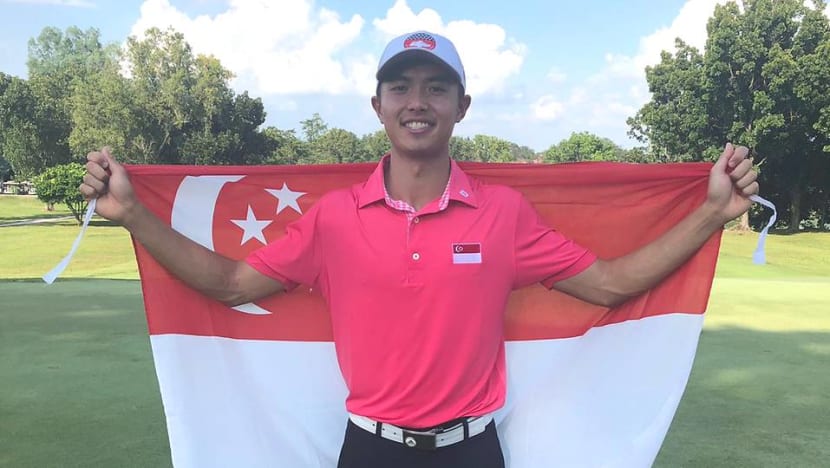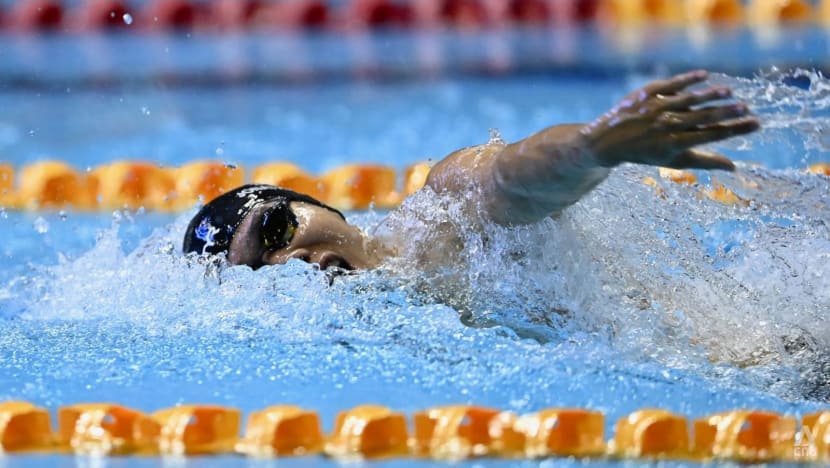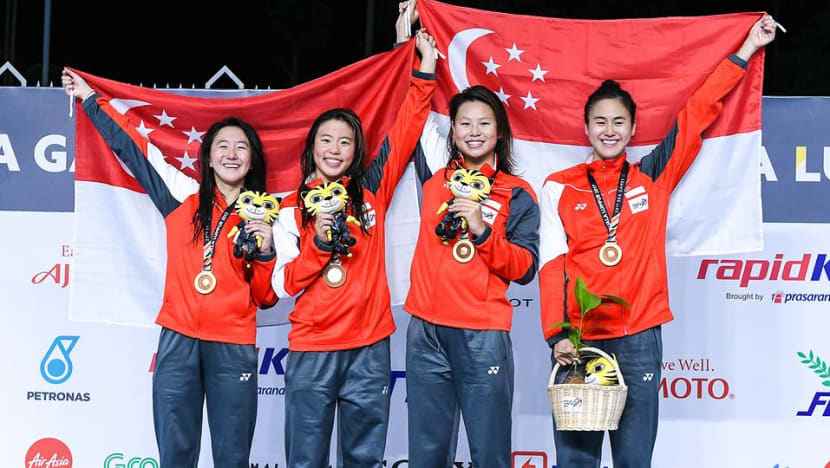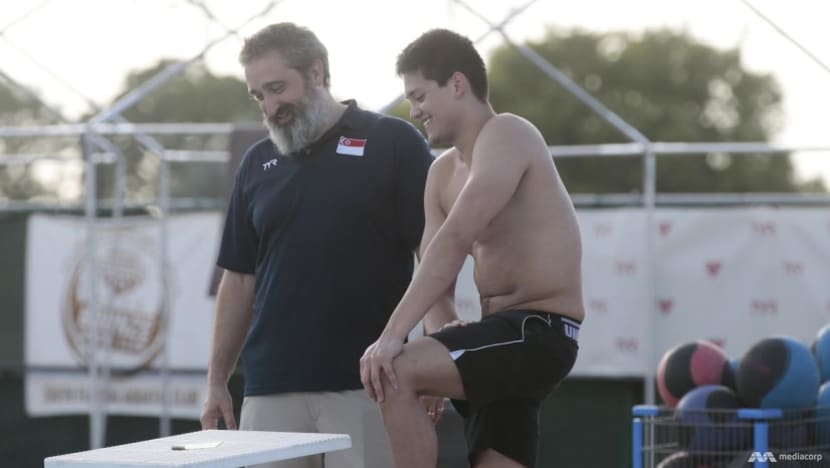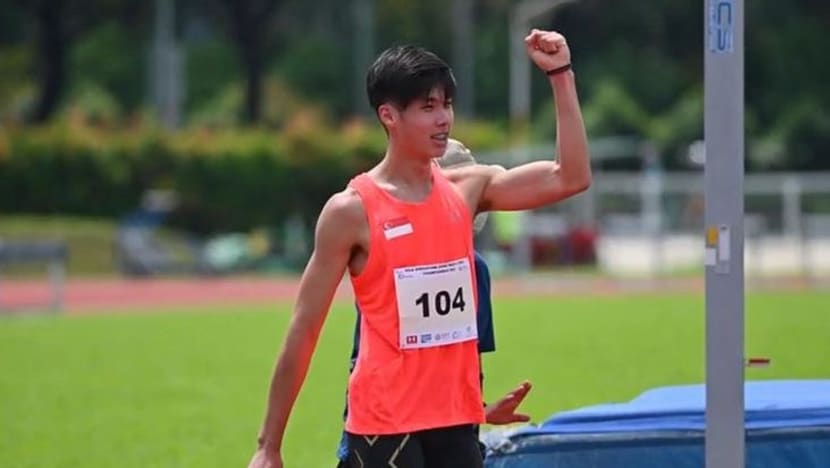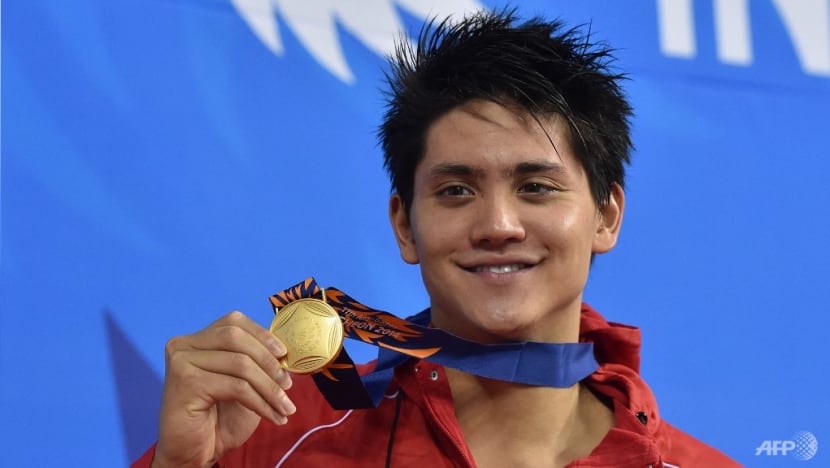And enrolling at a college or university in the US does not guarantee instant success, said Porter.
The athletes still need to put in the work rather than wait to improve by "osmosis", said Porter, who worked in the NCAA for over two decades.
"We educate our kids (that) even when they go over to college, we're helping them to understand that it is still your responsibility to take full advantage in the environment and put yourself forward, not to stand back and wait to be told what to do," she added.
Singaporean athletes who go to the US will need to speak up about their needs as an athlete, said Porter.
"When they go into those systems, they have to be extremely independent. If they don't speak up, if they're not the ones guiding their direction forward, they're going to get lost in the mix.
"American kids, they grow up very vocal on who they are, what they want."
Time management is also key, said Porter. For one, there is a cap that the NCAA places on the hours a student-athlete can spend practising during a season and off-season.
"They have to build their study routines around their sport. It's not the other direction. This becomes a little bit of a hard thing initially for them to understand but if they take full advantage of the services and understand that's how I work my day, my timeline ... they'll be fine," she said.
"But they also need to be very clear on why they are there, and what they're trying to achieve there."
KNOWING THE SUPPORT IS THERE
To monitor their athletes' progress and welfare, National Sports Associations (NSAs) in Singapore keep tabs on their athletes in the US.
"Our modes of communication range based on the athlete but include WhatsApp, email, phone calls, Zoom sessions and on-site visits," said Porter. "Our communication extends to the athletes, their coaches and other support staff through the institutions they are associated with."
And Singapore Aquatics has multiple touch-points with athletes abroad, said Porter. When it comes to the US, she visits athletes at colleges and high schools several times a year.
What also helps is that Porter has a personal connection with some of these collegiate coaches.
"A lot of the coaches where these athletes are at are peers of mine who I have good relationships with," she said.
"So I'm able to have open and candid conversations with them about how the athletes are doing, their training needs, any issues that they're having around school, anything that is interfering with their ability to do both things, (to) be a good student-athlete."
Singapore Aquatics also tracks the performance levels of these athletes and gets regular reports from the athletes as to how things are going.
"I pretty much check in with these kids on at least a weekly basis, even if it's just a 'hi, how things are going,'" said Porter. "It's important for the athletes to know the support’s there."
Similar to Porter, Wan personally knows coaches of the two national players who are in the US – Aaron Liang, who is at Cornell University, and Sneha Sivakumar, who is at Yale.
"It’s to a large extent, personal relationships. But I think with how things are going, the college coaches are also understanding why there is a need for this. I think generally if you explain to them why we need this, they are usually quite cooperative," he said.
National squash players are required to sign an athletes’ agreement, part of which is for the athletes to report back to the coaching team details of their training, including attendance, said Wan.
